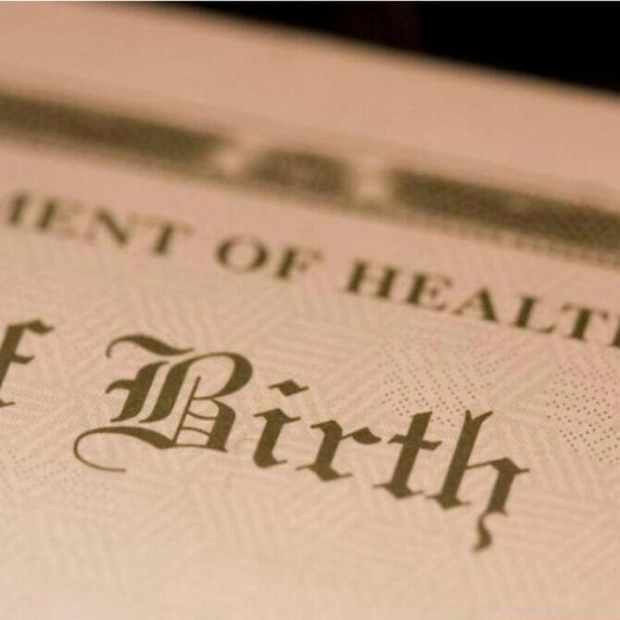In recent years, there have been numerous rumors suggesting that Bill Sweeney, the Rugby Football Union's chief executive, might be planning his departure. These whispers suggest that finding a successor for Eddie Jones could be his final act, and negotiating a new eight-year agreement with the Premiership could be his lasting legacy. Eventually, the speculation became so loud that Sweeney had to publicly deny it. This denial came after it was revealed on Monday that he had received £1.1m, thanks to a bonus that had matured over three years, giving us a clear indication of why he might stay.
The first point to consider about Sweeney's substantial raise—a performance-based payment of £358,000 on top of a base salary of £742,000—is that it's hard to fault him for accepting it. While he likely negotiated the terms of the long-term incentive plan that has enriched him, would you expect him to decline it? The responsibility lies with the RFU's board and remuneration committee for approving a scheme that has made Sweeney the highest-paid chief executive of a UK sports governing body—excluding payouts—at a time when 42 redundancies have been made and a £42m loss to reserves has been announced.
The second, and perhaps most striking, aspect of Sweeney's hefty bonus is that, if all targets had been met, he would have received £100,000 more. As it stands, while the 'metrics' mentioned in the RFU's annual report were 100% met in terms of finances—despite the report stating that 'we narrowly missed our total revenue target'—and participation in men's community rugby, they were entirely missed for participation in women's and girls' community rugby and inclusivity. The RFU may one day shake off the perceptions that have lingered since the amateur era, but that day is not today.
As you delve deeper into the report, amidst the bullishness that contrasts with the record losses, there are troubling acknowledgments, such as the outgoing chief financial officer, Sue Day, admitting to over-reliance on the investment by the private equity group CVC into the Six Nations. The report also boasts about the union becoming greener due to Twickenham's toilets now having hand dryers with 'variable speed drives,' leading one to ponder existential questions about the RFU's purpose.
In its most basic form, the RFU is a governing body. But what does it stand for? What is it striving to achieve? Men's matches at Twickenham, as Sweeney has happily admitted, are the cash cow, but is the RFU's top priority the success of Steve Borthwick's side? If so, the union should openly state this and hold the head coach more accountable after only five wins from 12 matches this year.
These reports used to outline targets in terms of world rankings and win percentages, but there is little of that in Monday's release. 'The England men's team has shown huge progress under Steve Borthwick's stewardship in his first full season as head coach, with notable performances against strong opposition in the Six Nations and tightly-fought contests in New Zealand,' is as far as it goes, which is both highly debatable and followed by, 'The England Senior Men's team had a win rate of 65% this year, which does not include the two summer matches against New Zealand in July.' Do matches against the All Blacks count or not?
Sweeney has yet to publicly comment on England's autumn performance, but while he is said to be 'disappointed,' he seems content as long as Twickenham is selling out with a head coach who isn't publicly criticizing the private school system. On the topic of schools, credit is due to the RFU for commissioning a report on schools rugby, but the findings were harsh. If the union's goal is to grow the game at the junior and amateur levels, to be more inclusive, and to avoid becoming a 'declining minority sport,' as the schools report warns, there is significant work to be done.
According to the annual report, 40% of people believe rugby union is a sport for all, which is both a 6% increase from the previous year and a deeply concerning statistic. The report also states, 'Despite a year-on-year increase in age grade player registrations, insights highlight the risk of a decline in popularity of rugby for young people, driven by several societal factors. This downturn could negatively impact the future of the game, including player numbers, volunteers, coaches, match officials, and the sustainability of local clubs. Age grade girls' game participation not meeting projected levels highlights a risk of growth in the women and girls' game.'
What about the RFU's position on the global stage? Is it committed to growing the sport beyond traditional territories? Abdel Benazzi was the candidate for change in the recent election for the next World Rugby chairman but lost to Australia's Brett Robinson, who was endorsed by the RFU. Robinson was the conservative candidate, but Sweeney has found allies in the southern hemisphere, particularly in Australia and New Zealand.
Sweeney and Mark Robinson, the chief executive of the New Zealand Rugby Union, have developed a strong friendship. Robinson is 50, 17 years younger than Sweeney, and was an All Black, playing alongside Jonah Lomu. On the topic of age, modernization is another area the RFU has identified as needing improvement. Twickenham is quickly becoming outdated. After considering a move to Wembley and then Birmingham, the union is committed to renovating Twickenham, but it would cost £663m to overhaul the stadium entirely. Meanwhile, much faith is being placed in the RFU's digital transformation programme, and privately, the union's leadership acknowledges that the aging profile of supporters, particularly match-goers, is one of the biggest threats to the sport's future—on par with the ongoing brain injury litigation.
Sweeney is smart enough to anticipate the backlash following Monday's report. He has weathered criticism before and is likely to do so again. He will see the strong prospect of an England Women's victory at a home World Cup next year as too good an opportunity to miss. However, at this stage, it is hard to see his legacy, whenever he does depart, being anything other than someone who was adept at navigating the storm. For £1.1m, it is not unreasonable to expect more.
Source link: https://www.theguardian.com






